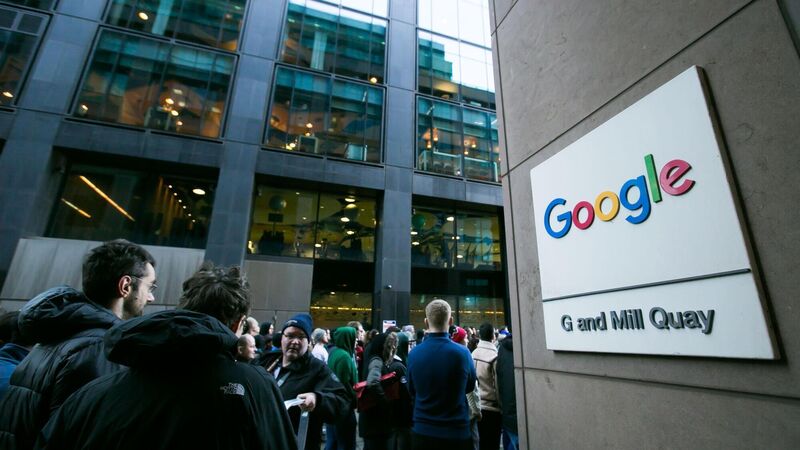John Whelan: EU tech fines put Ireland in crosshairs

While the EU's fine is a huge sum, it's pocket change for Google, which earned €77.3bn in revenue in Ireland for 2024. File picture: Sam Boal
The EU, in aggressively implementing its Digital Markets Act, is creating havoc with its US relationship and could derail the new trade agreement, which is at a crucial phase: Finalising the outline deal reached between Donald Trump and Ursula von der Leyen when they met in July at Mr Trump’s golf course in Turnberry, Scotland.
The European Commission announced on Friday that it had fined Google €2.95bn for breaching EU competition rules in the advertising technology market, the latest in a long-running battle with US big tech.











